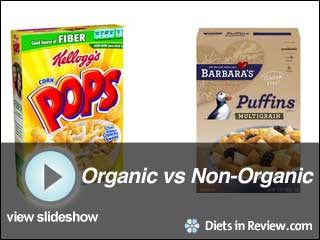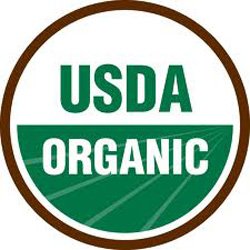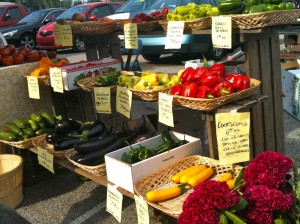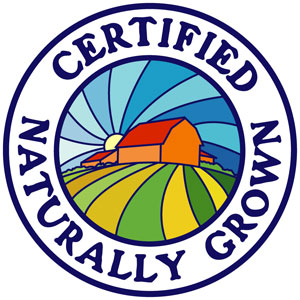I’m kind of a soap box mom when it comes to kid nutrition. I just can’t imagine few things being more important than my daughter’s health and development of her eating habits. Like good manners, potty training, and a wild imagination, they are skills that will last her a lifetime.
Her very favorite foods include avocado, blackberries, shrimp, black beans, and peaches. She thinks dried apricots and pistachios are candy. And on the rare occasion we get a “real” treat, a bite or two of a shared ice cream cone is suffice. Given all of this, imagine how hard it is to take her out to eat with us. Between my refusal to give her fried junk, and her disinterest in eating it, the standard fare of a kids menu leaves a heck of a lot to be desired.
That is, until you visit the Hyatt. I often rave about the breakfast at The Hyatt’s Harvest Kitchen here in Wichita, calling it the best breakfast in the city. It’s the only Harvest in the country, but Executive Chef Paul Freimuth says another is in development in California with plans to expand further. I should think they’d want to – with locally sourced ingredients and attention to quality, the entire menu is like a work of art. While my daughter loves the yogurt bar, fresh fruit, and scrambled eggs on Sunday mornings, the Hyatt is now offering her and other kids many more options at breakfast, lunch, and dinner.
This past July, Hyatt introduced its For Kids By Kids menu. It’s a kid-friendly menu that is super healthy, to satisfy parents, and full of foods kids like best, to keep the little ones happy. Hyatt didn’t just dream it up on a whim, they partnered with 11-year-old Haile Thomas, a young chef who is committed to the health of herself and her peers. (more…)











 In 2002, a federal law passed that only allows products to be labeled “
In 2002, a federal law passed that only allows products to be labeled “